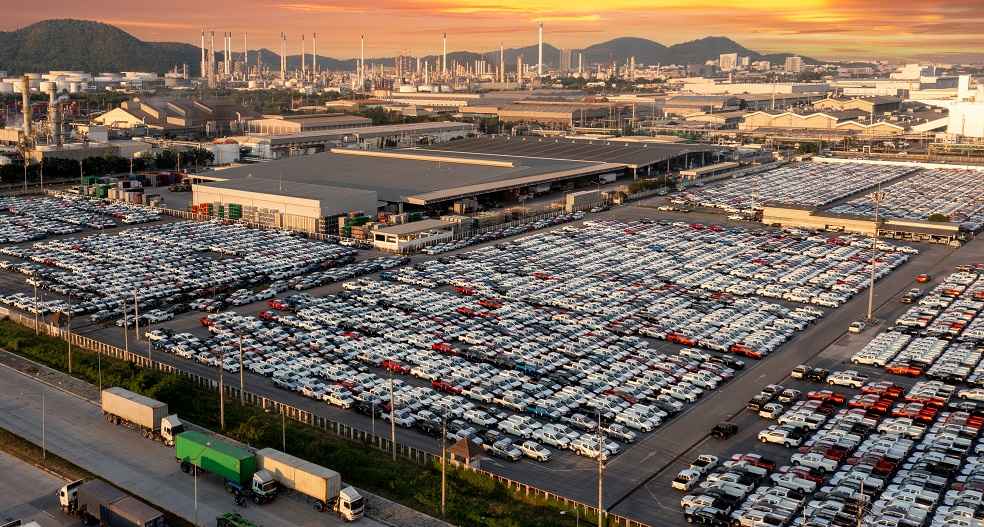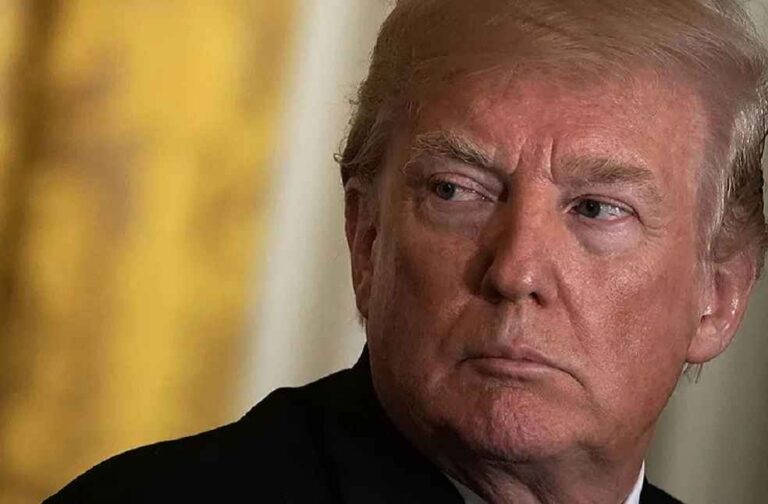US President Donald Trump on Monday hinted at a possible temporary exemption for the auto industry from the 25% tariffs he had previously announced, acknowledging the need for carmakers to realign supply chains away from Canada, Mexico, and other regions.
“I’m looking at something to help some of the car companies,” Trump told reporters in the Oval Office, adding that automakers “need a little bit of time” to shift production to the US.
Matt Blunt, president of the American Automotive Policy Council, which represents Ford, General Motors, and Stellantis, supported Trump’s broader goal of boosting domestic manufacturing but cautioned that aggressive tariff measures on auto parts could hinder progress, citing the time needed for supply chain realignment.

Trump’s comments marked another instance of shifting policy positions that have caused volatility in markets and raised concerns about the economic outlook. Despite initially calling the auto tariffs ‘permanent’ on 27 March, Trump has since rolled back or delayed parts of his trade agenda. A week earlier, he reduced broader tariffs to a baseline of 10% for 90 days for dozens of countries while simultaneously raising tariffs on Chinese goods to 145%, before lowering some electronic product rates to 20%. “I don’t change my mind, but I’m flexible,” Trump said Monday.
His flexibility, however, has contributed to market confusion. While the S&P 500 gained 0.8% on Monday, it remains nearly 8% down for the year. Ten-year US Treasury yields remained high at approximately 4.4%. Carl Tannenbaum, chief economist at Northern Trust, remarked that the policy reversals have been so frequent he might need a ‘neck brace,’ warning that the impact on confidence may be irreversible.
On the international front, European Commissioner for Trade and Economic Security Maroš Šefčovič confirmed talks with US officials, reiterating the EU’s willingness to pursue a fair deal that includes reciprocal tariff eliminations and reduced non-tariff barriers.

Meanwhile, Trump claimed he recently assisted Apple CEO Tim Cook, whose company has been deeply affected by tariff shifts. Apple, which assembles many of its products in China, received a temporary tariff reprieve on electronics last week, which lifted its stock by 2% on Monday—though it had earlier surged as much as 7%.
Analysts like Dan Ives of Wedbush Securities noted that while Apple’s position has improved slightly, the company still faces significant uncertainty due to ongoing trade tensions. One possible move Apple may pursue is increasing iPhone production in India, a strategy initiated during Trump’s first term.
Amid these developments, Chinese President Xi Jinping met with Vietnamese Communist Party General Secretary To Lam in Hanoi, emphasising that “no one wins in trade wars.” When asked about the meeting, Trump accused the two nations of trying to harm the US economy, suggesting they were “trying to figure out how do we screw the United States of America.”
EV WORLD | EV Makers Delay India Plans, Eye Better Terms via Trade Agreements





